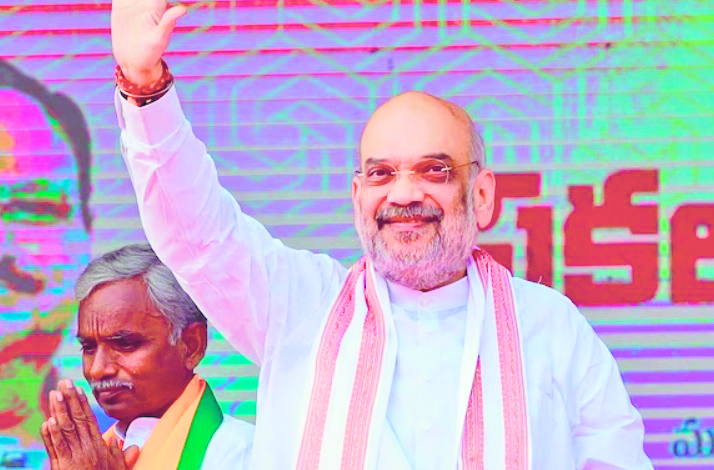Union Home Minister Amit Shah will preside over the 26th meeting of the Eastern Zonal Council in Bihar’s capital on Sunday, according to the Ministry of Home Affairs (MHA). Bihar, West Bengal, Odisha, and Jharkhand are members of the Eastern Zonal Council.
The meeting will be attended by the chief ministers of member states, as well as two senior ministers from each state, and will be organized by the MHA’s Inter-State Council Secretariat in collaboration with the Bihar government. Chief Secretaries and other senior officials from state governments, as well as senior officials from the federal government, will attend.
Established in 1957 under the States Reorganization Act, the Zonal Councils, including the Eastern Zonal Council, play a vital role in fostering cooperative federalism and facilitating dialogue on issues affecting multiple states or involving the Center and states.
The meeting serves as a platform for discussing various issues proposed by the states. Matters that cannot be resolved through mutual consent at the Standing Committee level are presented for discussion at the Zonal Council meeting.
Prime Minister Narendra Modi has emphasized the importance of cooperative and competitive federalism for comprehensive development. The Zonal Councils have become crucial mechanisms for addressing mutual concerns and fostering cooperation between states.
Over the past nine years, a total of 55 meetings, including 29 Standing Committee meetings and 26 Zonal Council meetings, have been held. The Zonal Councils have been instrumental in making decisions on diverse topics such as minimum support prices for various crops, sediment management policies, and financial assistance.
The Zonal Councils cover a wide range of issues, including mining, infrastructure creation, water sharing, the implementation of the Direct Benefit Transfer Scheme, state reorganization, and more. These councils also discuss matters of national significance, such as the establishment of Fast Track Special Courts for cases against women and children, financial inclusion through banking facilities, and initiatives to address malnutrition and school dropout rates.
The Eastern Zonal Council meeting is expected to address various challenges and opportunities faced by the member states, contributing to the ongoing efforts toward regional and national development.
